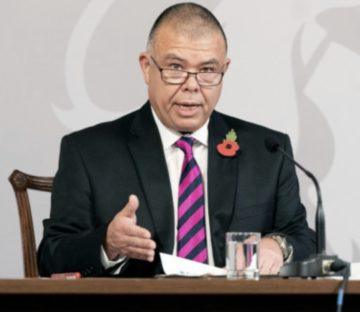Richard Bronk at the LSE:
 The daily press conferences from Downing Street since March 2020 underline the prominence given to epidemiologists, behavioural scientists and the medical profession in driving policy reaction to the Covid-19 crisis. This may be evidence of a welcome return of scientific expertise to the heart of government after a period when much of the population and elements of the government had, in the words of Michael Gove, ‘had enough of experts.’ But, despite the obvious glories of vaccine research, there is a danger that continual reference by elected governments to scientific modelling to justify contentious policy choices may further undermine scientific expertise and evidence-based policy in the eyes of the electorate.
The daily press conferences from Downing Street since March 2020 underline the prominence given to epidemiologists, behavioural scientists and the medical profession in driving policy reaction to the Covid-19 crisis. This may be evidence of a welcome return of scientific expertise to the heart of government after a period when much of the population and elements of the government had, in the words of Michael Gove, ‘had enough of experts.’ But, despite the obvious glories of vaccine research, there is a danger that continual reference by elected governments to scientific modelling to justify contentious policy choices may further undermine scientific expertise and evidence-based policy in the eyes of the electorate.
Popular distrust of social-science expertise has been growing for some time. Economics, in particular, suffered a near-fatal blow to its credibility in the court of public opinion after the 2008 financial crisis, thanks in part to the widespread misuse of economic models to make predictions of unwarranted precision as a result of a basic confusion between calculable risks and radical uncertainty. Distrust was intensified by the tendency for policymakers to justify controversial decisions by delegating them to the outputs of ‘black box’ (cost-benefit, risk-measurement or macroeconomic) models promising to solve the equations of life.
More here.
